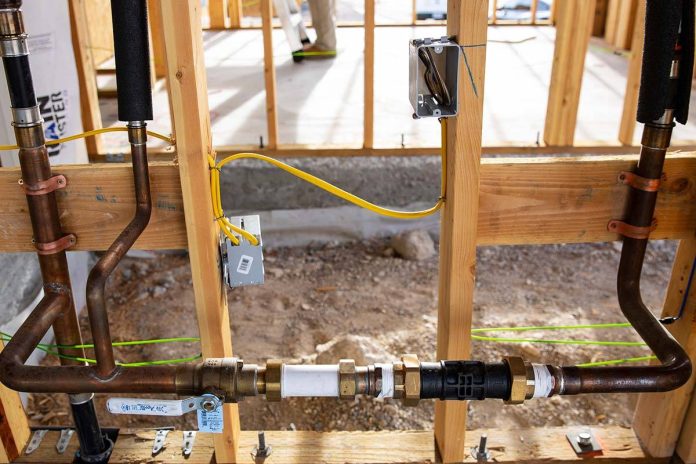The Better Business Bureau has revealed the 10 riskiest scams that Canadians faced in 2022, with home renovation fraud topping the list.
Using reports from 1,297 cases of fraud that took place throughout the year, the BBB compiled their list which was released Monday (March 6).
Home improvement scams topped the list, up from 4th place in 2021. This type of scam accounted for 6.2 per cent of all reported cases, but the BBB rated it as the riskiest because of how easy it is for people to fall for it and how much money is lost when they do.
It was found that 78.8 per cent of people were susceptible to this type of scam, with an average loss of $1,900 per person.
To avoid becoming a victim of this type of fraud, the BBB suggests that people be wary of cash deals, high-pressure sales tactics, upfront payments, a lack of written contract, and free on-site inspections. They also recommend that people check company references and research local construction laws.
The most reported scam in 2022 was online purchases, making up 30 per cent of all complaints. However, the BBB only rated it 6th riskiest due to its relatively low loss rate of around $102 per person.
In contrast, investment scams saw the highest average loss, with 2.9 per cent of reports in 2022, and an average loss of $5,000 per person. Investment scams were rated 4th riskiest.
The top 10 riskiest scams in Canada in 2022 are:
The BBB found that the rate of people falling for scams in 2022 was four per cent higher than in 2021, with victims losing an average of 20 per cent more money per scam. In 2022, people lost an average of $300 per scam.
There was no significant difference between men and women in terms of susceptibility to scams, but women were far more likely to encounter them, while men lost out on more money on average.
It was found that age group played a role in the likelihood of falling for a scam, with the 35-44 age bracket standing out at 57.2 per cent. This age group also had the highest average loss of $500.
The BBB suggests that people should always be skeptical, only use secure and traceable transactions, and never share personal information with an unsolicited contact.
Scams can be reported to BBB.org/ScamTracker.
Like us on Facebook and follow us on Twitter.
crimefraudScams

